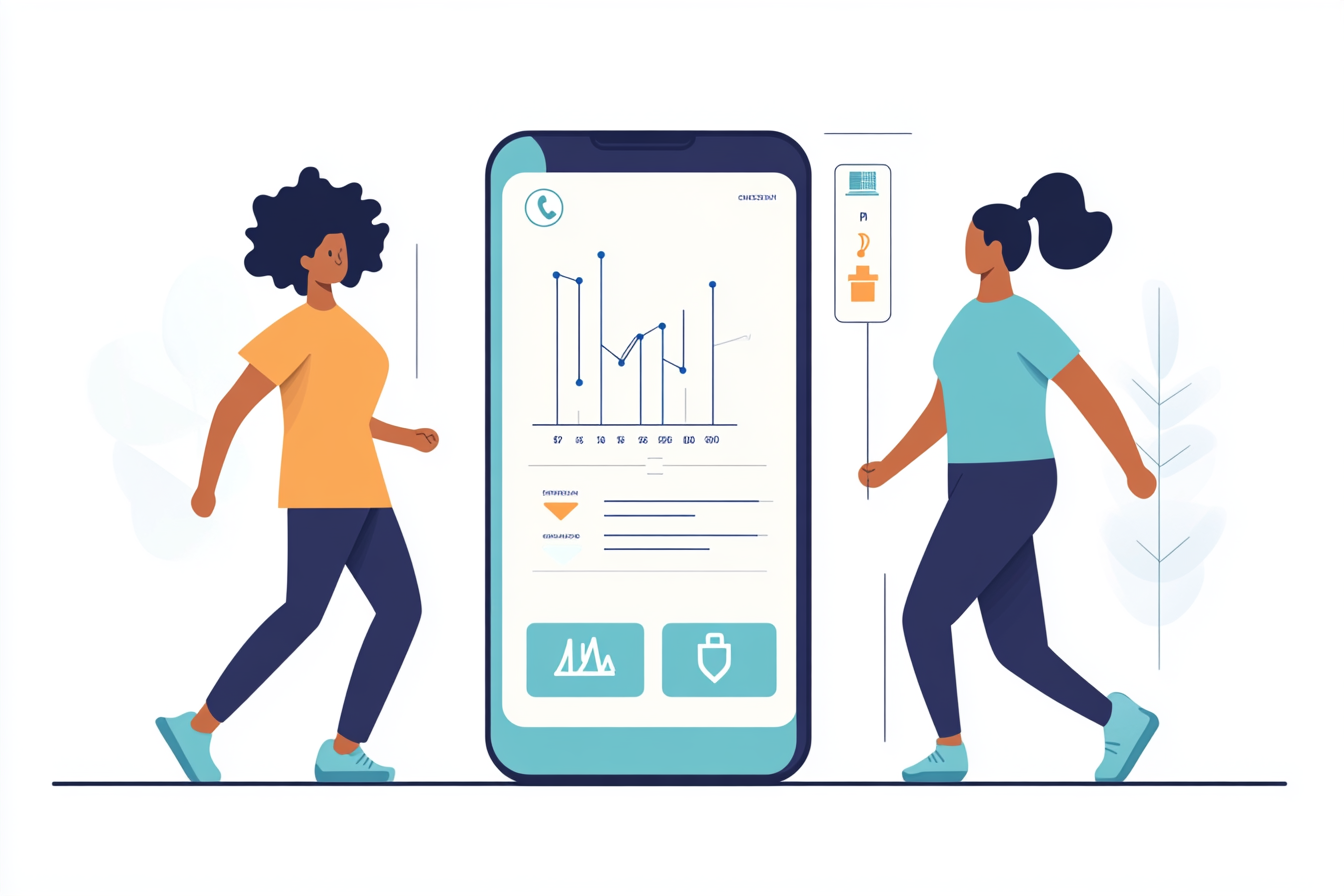
Challenge
Despite millions of people downloading fitness apps each year, most abandon them within weeks. The fitness industry continues to focus on creating more workout content, yet users still struggle to form consistent exercise habits.
"There are infinite free exercise programs out there, but finding the time and motivation to exercise is what's holding me back."
Research Approach
Building on the insights from the successful MOVE study, we applied a rigorous research-driven approach to develop and validate a scalable consumer product:
-
Hypothesis Development
Based on the MOVE research, we formulated a core hypothesis: social accountability between peers is the most powerful driver of exercise habit formation, more so than content, reminders, or gamification.
-
MVP Development
Created a Minimum Viable Product (MVP) peer-to-peer accountability platform to test our core hypothesis in a consumer setting with minimal investment.
-
Structured Testing
Conducted structured testing with 103 participants to validate the MVP's core accountability hypothesis and gather user behavior data.
-
Metrics Analysis
Analyzed key performance metrics including retention, exercise frequency, and user satisfaction to determine product-market fit.
Key Results from MVP
60% Retention
Achieved 60% user retention at day 30, significantly outperforming the fitness app industry average of approximately 20%.
+2.5 Weekdays
Users added an average of 2.5 weekdays of exercise per week while using the platform, demonstrating substantial behavior change.
50% Transformation
Half of our monthly active users went from 0-1 days of exercise per week to 4-5 days, representing a dramatic lifestyle change.
Key Discoveries
Social Accountability Works
Our research validated that people are much more likely to show up for exercise when another person is depending on them, even when internal motivation fails.
"I'm obsessed with all things Movejoy! I tell my partner almost every day how I would absolutely not move without our appointments."
Video Connection
Users reported that seeing their exercise partner's face created a stronger sense of commitment than text-based check-ins or automated reminders.
"When my alarm goes off early in the morning, I might ignore it for myself, but knowing Sarah is waiting for me on video makes me get up."
Matching Matters
The quality of the match between exercise partners significantly impacted retention and satisfaction, highlighting the importance of our matching algorithm.
"Finding someone with similar goals and schedule was game-changing. I finally have a workout routine that fits my life."
Translation Into Action
Based on our successful MVP validation, we took several key actions to develop a full-scale product:
Secured Funding
Leveraged our strong MVP results to secure $500,000 in funding for team building and product development.
Team Building
Recruited a cross-functional team of engineers, designers, and marketers to scale the product from MVP to full market launch.
Platform Development
Developed a robust consumer product with matching algorithm, video check-ins, workout planning, and progress tracking capabilities.
Iteration Cycles
Implemented continuous user testing and product refinement cycles to optimize the user experience and core accountability features.
Business Impact & Lessons
The Movejoy consumer app successfully validated our core hypothesis that social accountability is the primary driver of exercise habit formation. The strong retention metrics and user behavior changes demonstrated significant product-market fit potential.
However, the COVID-19 pandemic created unexpected market challenges, as many users—especially mothers—began experiencing "Zoom fatigue" from increased video communication. This changing landscape ultimately led us to pivot our business model to workplace wellness (detailed in the next case study).
This phase of Movejoy's journey taught us valuable lessons about validating hypotheses through MVP testing before full-scale investment, leveraging academic research for commercial advantage, and remaining adaptable to changing market conditions.